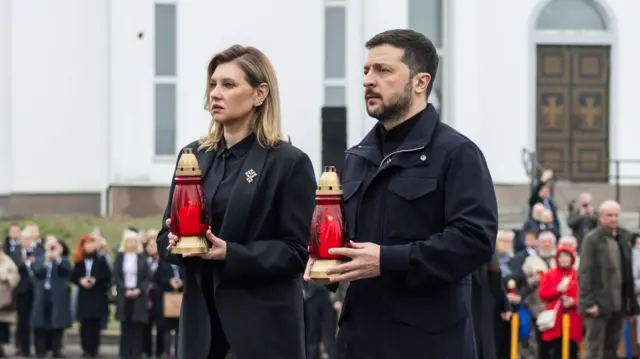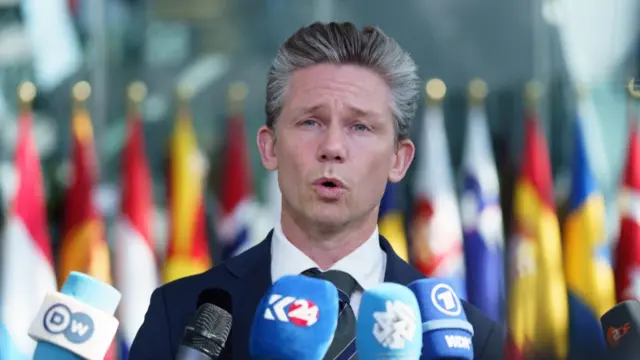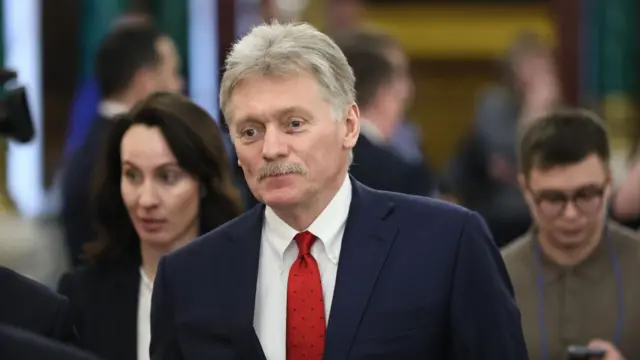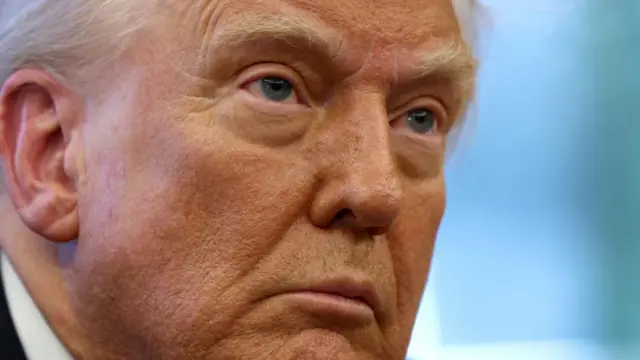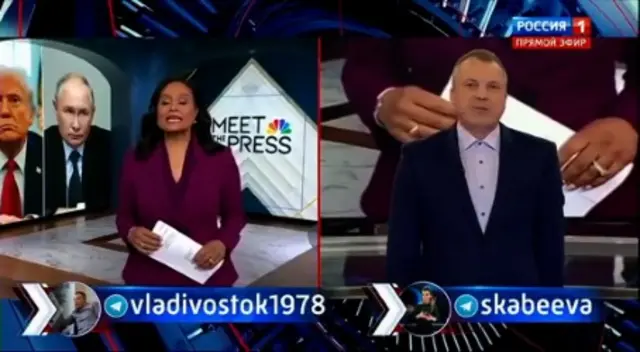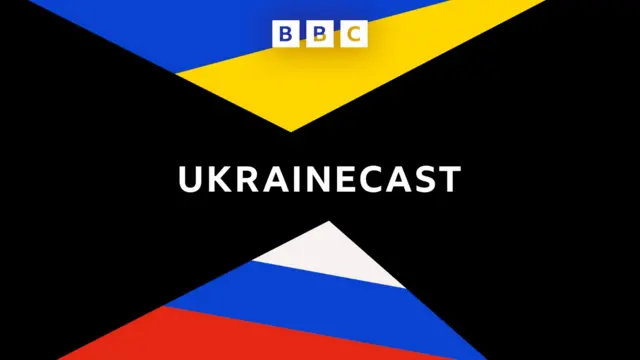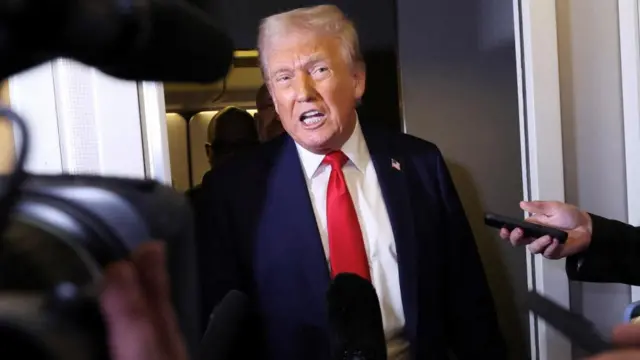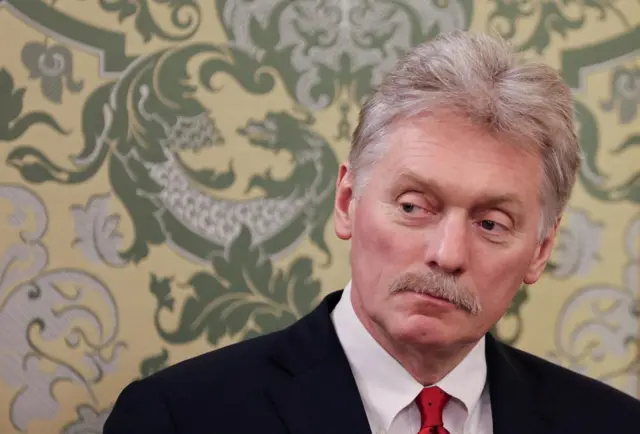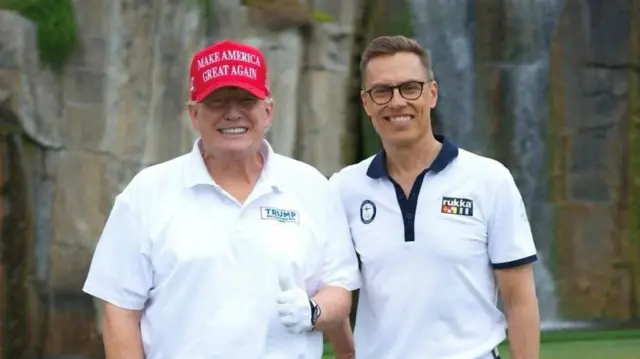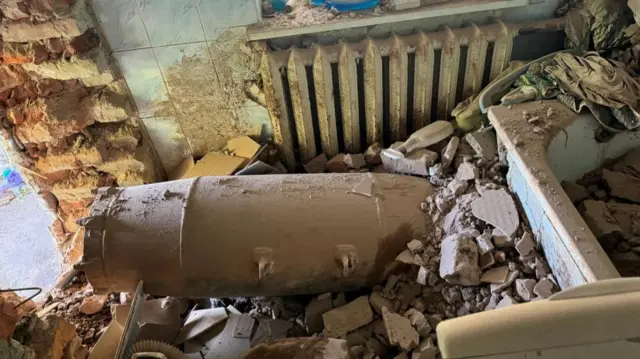The Kremlin plays down Trump's changing messagepublished at 15:42 BST 31 March
 Ben Hatton
Ben Hatton
Live reporter
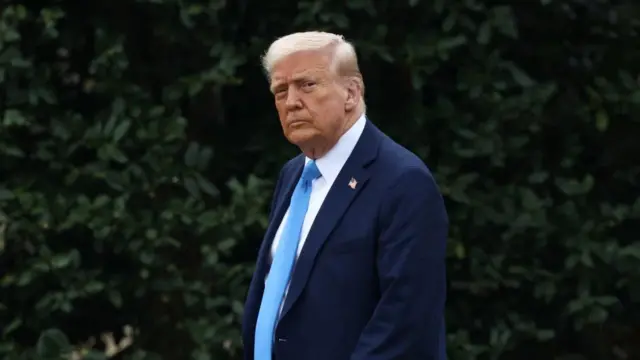 Image source, Reuters
Image source, ReutersThe Kremlin offered a muted response on Monday to Donald Trump's remarks that he’s “very angry” and “pissed off” with Vladimir Putin.
The US president, who made the remarks to NBC News over the weekend, also threatened to place tariffs of up to 50% on countries that import Russian oil if a ceasefire deal is scuppered by Moscow.
In a daily press briefing, Kremlin spokesman Dmitry Peskov downplayed any deterioration in relations with Washington.
He suggested parts of the statement were paraphrased, rather than “direct quotes”, said work on a Ukrainian peace process is “ongoing", and called talks about a potential maritime ceasefire in the Black Sea a “work in progress”.
Volodymyr Zelensky, for his part, said on Sunday that Putin “does not care about diplomacy”, and called for further pressure on Russia to end the war.
We're pausing our live coverage now. For a deeper dive into some of the issues we've explored today, these posts have you covered:
- Ukraine correspondent James Waterhouse looks at the latest in the US-Ukraine rare earth minerals deal, after Trump said Zelensky will have "big problems" if he pulls out
- Our colleagues at BBC Monitoring have been examining how Russian media have covered Trump's criticism
- And we've been taking a closer look at Trump's threat of "secondary tariffs" against Russia
- Or if you'd like to keep updated on further developments, our main story on the Kremlin's comments is here


